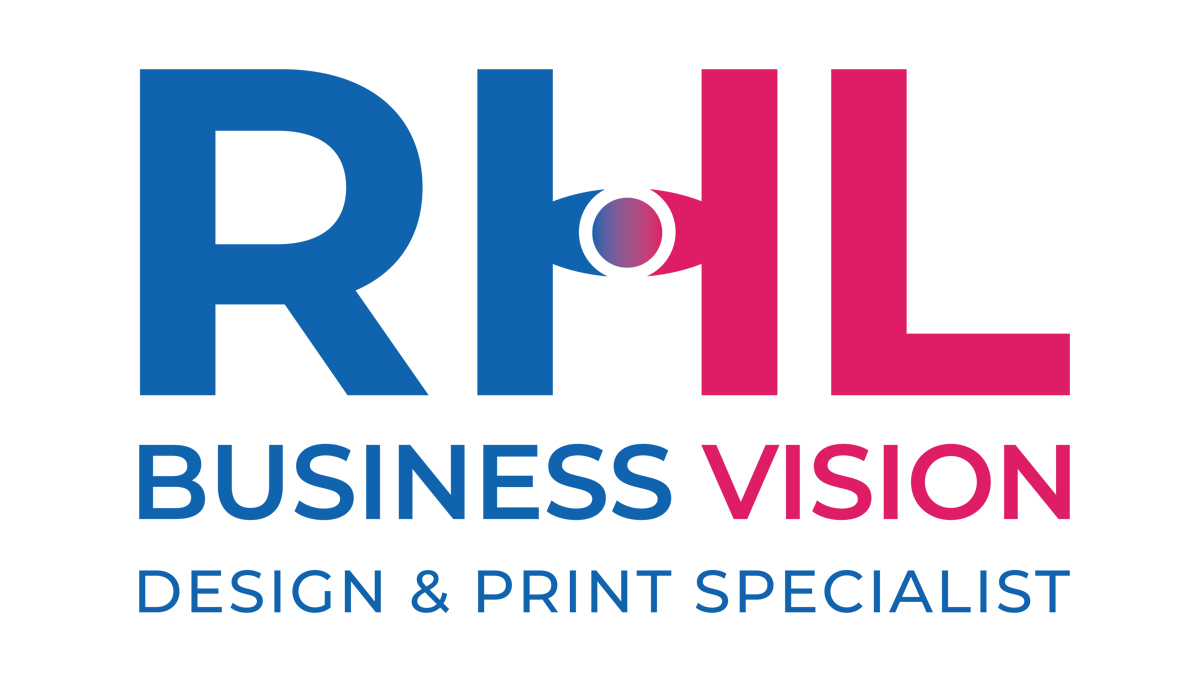

JUNE 2025
EDITION
BI-MONTHLY ORBIT
Legal Considerations For Hybrid Working

Hybrid working was something of a minority pre-pandemic, but now it’s what may employees look for first and foremost when changing roles. But what do employers need to know to make it work for both parties.
The request oftens come via the request for flexible working procedure so firstly make sure that your policy and procedure covers hybrid requests.
Agreeing to a request for hybrid working may require a formal change to terms and conditions of employment. It can also be undertaken on an informal basis, but make sure that everyone understands the difference.
If it is formal then remember the working location must be stated so if the employee will working from home state that address. Equally if its 3 days at home and two in the office state that.
Anyone working from home should ensure their home insurance, landlord and even mortgage provider are aware and in agreement. Some properties have explicit clauses to exclude home working.
Another consideration is that of hybrid workers working some time outside of the UK as this can have Tax implications. As an employer you need to consider if you can facilitate that additional complexity.
Does your company technology support effective hybrid working and help facilitate communication? Tools like Slack or chat in Microsoft Teams can help manage schedules to reduce the need for meetings. Security will need to ensure that you have measures to ensure system, and data, integrity when employees are working outside the office.
And just because they aren’t in the office doesn’t mean you’re not responsible for their wellbeing where they are working. Health and Safety regs still apply and so ensuring the employees have good working stations and equipment to support their wellbeing is essential.
Have you considered the impact hybrid working has on the hybrid employees line manager? Managing remote employees is very different to manging an inhouse team. Make sure your managers are supported with learning opportunities to develop their remote management skills like effective communication, remote performance management and how to build relationships and collaboration to name a few.
Performance managing remote workers isn’t as easy as having them next to you in the same room. Managers will need to change how the assess a remote employee by performance through the contribution they made, outcomes and value. You don’t need to monitor every aspect of an employee’s work when working remotely and that shouldn’t need to be the norm.
Being clear with your expectation and applying S>M>A>R>T objective setting will go along way in assisting managers to support employees to attain great outcomes.
Hybrid work can potentially open up areas of the labour market you wouldn’t necessarily have had with office-based work and that is really good because we all know how hard it is to find talent for your team.
Guest Writer
Our Guest Writer – Jane Redhead-Loughe, RHL Business Vision

I set up RHL Business Vision in January 2022 as it has always been my lifelong ambition to help individuals and companies to reach their full marketing potential and to provide unique print and design services that you cannot get on the Internet.
I want all my clients to get noticed using a variety of print, graphics and signage products in an environmentally friendly way, using state of the art technology and materials. MY USP is to be personal, fast and offer a 100% customer satisfaction service!
I offer a unique and customer focused personal service to ensure that every design and print job is completed to the highest standard, clients are updated throughout the whole process and there are no surprises when my clients are offered the final product.
I work with many local businesses, charities and schools and colleges in the local area to provide both print and design as well as give local support to these organisations. I am an all-round team player, self-motivated and extremely good with people as a Manager, as a supplier and also as a customer.
Wherever we are, the world seems to be dominated by digital screens and ever-evolving online marketing strategies, it’s therefore easy to wonder if printed materials have become a relic of the past. However, incorporating print into your marketing mix remains a powerful and strategic decision as I want to prove to you!
Tangibility and Credibility:
In today’s age of information overload, digital messages can often be fleeting and unmemorable! I always state that a well-designed brochure, flyer, or magazine advertisement offers a tangible experience. People can hold it, turn the pages, and keep it for future reference. This physical interaction creates a stronger connection with the brand and fosters a sense of trust and credibility.
How Do Your Clients Remember YOU and Your business? – Focus and Information Retention:
I have certainly found especially lately that in our fast-paced digital world, attention spans are shrinking. With constant notifications and pop-ups vying for our attention, it’s easy for online content to be skimmed or forgotten. Printed materials, on the other hand, offer a distraction-free environment for absorbing information. I find that my colleagues and friends are more likely to dedicate focused time to reading a brochure or magazine article, leading to better information retention!
Building Brand Awareness and Connections
I can guarantee that my high-quality printed materials create a lasting impression! How do I do this? Through creative design, engaging images and captivating text that I know will evoke emotions and establish a deeper connection with your brand! Having something to feel and touch adds the connection! I have found that people associate high-quality printed materials with established and professional businesses, boosting brand perception and loyalty.
Sustainability Considerations
With growing concerns about environmental impact, I ensure that all my printed cards and paper is fully recyclable – I have also just launched my new seeded products which contain over 20 wildflower seeds and can be played in the garden! I am completely aware that many of my clients are increasingly looking for sustainable marketing solutions. I therefore ensure that I offer a variety of eco-friendly options such as recycled paper, soy-based inks, and carbon offset printing. By partnering with reputable suppliers, I am completely dedicated to sustainability to ensure that my clients can use printed materials responsibly.
My Advice to YOU!
With my range of print and design I ensure that my clients build stronger brand awareness, connect with specific audiences, and ultimately drive customer engagement and growth. So, don’t underestimate the power of a well-designed brochure, personalised gifts or printed workwear!
Contact me to understand how my printed materials are a really powerful marketing tool is today’s digital world and can help you GROW your business!
If there’s anything that RHL Business Vision can do to assist you with your business branding or printing, please email me at jane@rhlbv.co.uk or call me on 07931 307 156.
Managers Managing Employee Personal Data

We have seen a huge change in how employers should store, move and handle data. And increasingly volumes of data can represent a risk to a business who isn’t managing it correctly.
But it’s not usually a one-man job. There will be touch points throughout any working day involving multiple people along the way. People managers will almost certainly be managing data as part of their job. If data isn’t managed properly, it can cause a business financial loss and their reputation being at stake. Nobody wants to receive a reprimand from the Information Commissioners Office.
Organisations must by law follow rules concerning the way it holds and manages all data, including data on employees.
These rules are set out in the General Data Protection Regulations (GDPR) and Data Protection Act.
GDPR has six principles by which organisations should follow when dealing with personal data.
- Process lawfully, fairly and in a transparent manner
- Collected for specific, explicit and legitimate purposes
- Adequate, relevant and limited to what is necessary in relation to its purpose and use
- Accurate and, where necessary, kept up to date
- Kept in a form which permits identification of data subjects for no longer than is necessary
- Processed in a manner that ensures its appropriate security, including protection against unauthorised or unlawful processing and against accidental loss, destruction or damage.
Many do not realise that GDPR requires an employer to consider the use of data by their suppliers and contractors.
Whilst all data is important in particular personal data (data on individuals) requires extra care.
In short, an employee should be aware of the legal basis for why you as the employer holds and processes their personal data and there are six possible reasons: –
- Consent: individuals consent to give your company the right to process their personal data for a specific purpose
- Contract: a contract sets out the terms under which you can process personal data
- Legal obligation: processing an individual’s personal data is necessary for you to comply with the law (outside of a contract)
- Vital interests: processing personal data is necessary to protect someone’s life
- Public task: processing is necessary for you to perform a legal task in the public interest or for your official functions
- Legitimate interests: processing is necessary for legitimate interests unless there is good reason to protect personal data (which overrides a legitimate interest)
As a line manager you should follow your company’s guidance on storage and security of data. Employers should have a policy on how long it retains personal data in order to provide the product or services it offers. As a manager you will have responsibility for the security and storage of the data you are in possession of. Here are a few pointers on what that looks like: –
- information on devices issued to employees is protected by encryption
- Ensuring computer screens in offices are positioned so that they cannot be viewed by others
- Ensuring documentation is safely stored when not in use
- Ensuring paper waste is collected in secure bins and is shredded regularly
- Ensuring your computers are equipped with a well configured firewall
- Each user must have and use their own username and password and should use an account that has permissions appropriate to the job they are carrying out at the time
The ICO advise that giving managers training regularly when dealing with personal and other data is best practice to support the correct use of data.

